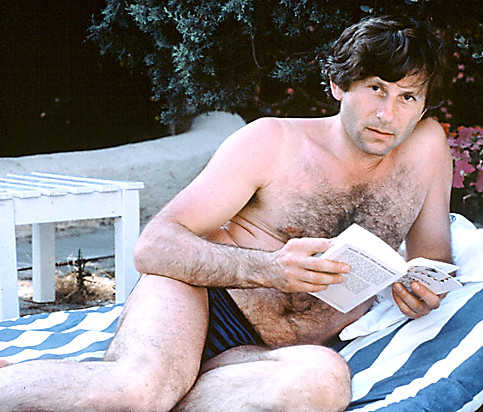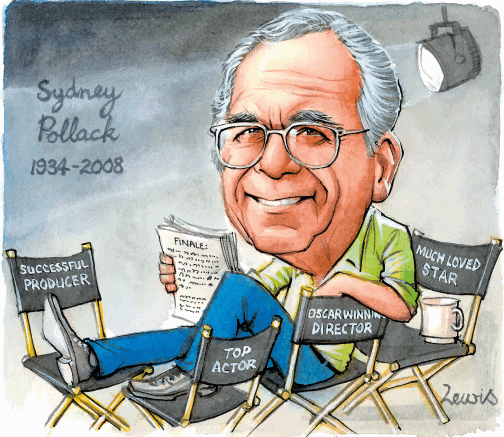Time Magazine was shocked!
Shock: Swiss Block Extradition, Free Roman Polanski
In yet another surprising twist to the 33-year-old case, Swiss officials have rejected a request by the U.S. government to extradite movie director Roman Polanski. Arrested in September, under house arrest since December, Polanski will go to bed Monday night a free man.
The Guardian celebrated!
The prurient hounding of Roman Polanski is over at last
Roman Polanski is a free man, at long last. Justice and reason have finally prevailed after nine months of mass hysteria on both sides of the Atlantic, hysteria and moralistic prejudices.
Twitter exploded with excitement!
Roman Polanski extradition rejection top Twitter trend
Roman Polanski’s still such a hot topic that when the news that his extradition to the United States was denied by the Swiss today, Monday, it was a top Twitter trend and a “hot topic” on Google Trends at the same time.
Worse yet, the best reporting about this mess appeared on Fox News, which was virtually the only venue which bothered to explain why the Swiss refused to extradite Polanski!
The Swiss government said it was denied access to confidential testimony given on Jan. 26 by Roger Gunson, the Los Angeles attorney in charge of the original prosecution against Polanski.
Fox also provided more background than most of the rest of the national media.
The Oscar-winning director of “Rosemary’s Baby,” “Chinatown” and “The Pianist” was accused of plying a 13-year-old girl with champagne and part of a Quaalude during a 1977 modeling shoot and raping her. He was initially indicted on six felony counts, including rape by use of drugs, child molestation and sodomy, but he pleaded guilty to one count of unlawful sexual intercourse.
In exchange, the judge agreed to drop the remaining charges and sentence Polanski to prison for a 90-day psychiatric evaluation. However, he was released after 42 days by an evaluator who deemed him mentally sound and unlikely to offend again. The judge responded by saying he was going to send Polanski back to jail for the remainder of the 90 days and that afterward he would ask Polanski to agree to a “voluntary deportation.” Polanski fled the country on the eve of his Feb. 1, 1978, sentencing, and has not returned since.
90 days of “evaluation” for raping a 13-year-old girl!
Completely cured in six weeks!
But that was way back in the permissive Seventies. What kind of sentences do similar offenders get today? According to the Los Angeles Times…
Since 2004, there have been 50 cases in L.A. County that mirror the procedural contours of Polanski’s. In 72% of those cases, the defendant got a sentence of a year or more.
Although comparable statistics are not available for the 1970s, figures cited at the time by Polanski’s attorney indicate that no one convicted of unlawful sex with a minor then went to prison and more than a quarter of defendants didn’t see any time behind bars at all.
So a lot of people have skated on charges of “unlawful sex with a minor” then and now, in the United States of America, where the mandatory minimum sentence for “receiving child pornography” is five years in federal prison, and if you had a picture of Roman Polanski sodomizing a child, you would be guilty of a much more serious crime than Polanski himself.
And possessing those naughty pictures is apparently also a much more serious offense than murdering unarmed civilians from a helicopter, or torturing prisoners, or destroying the American economy, because almost nobody is serving any kind of sentence for any of those crimes in our silly country, much less a mandatory minimum.



